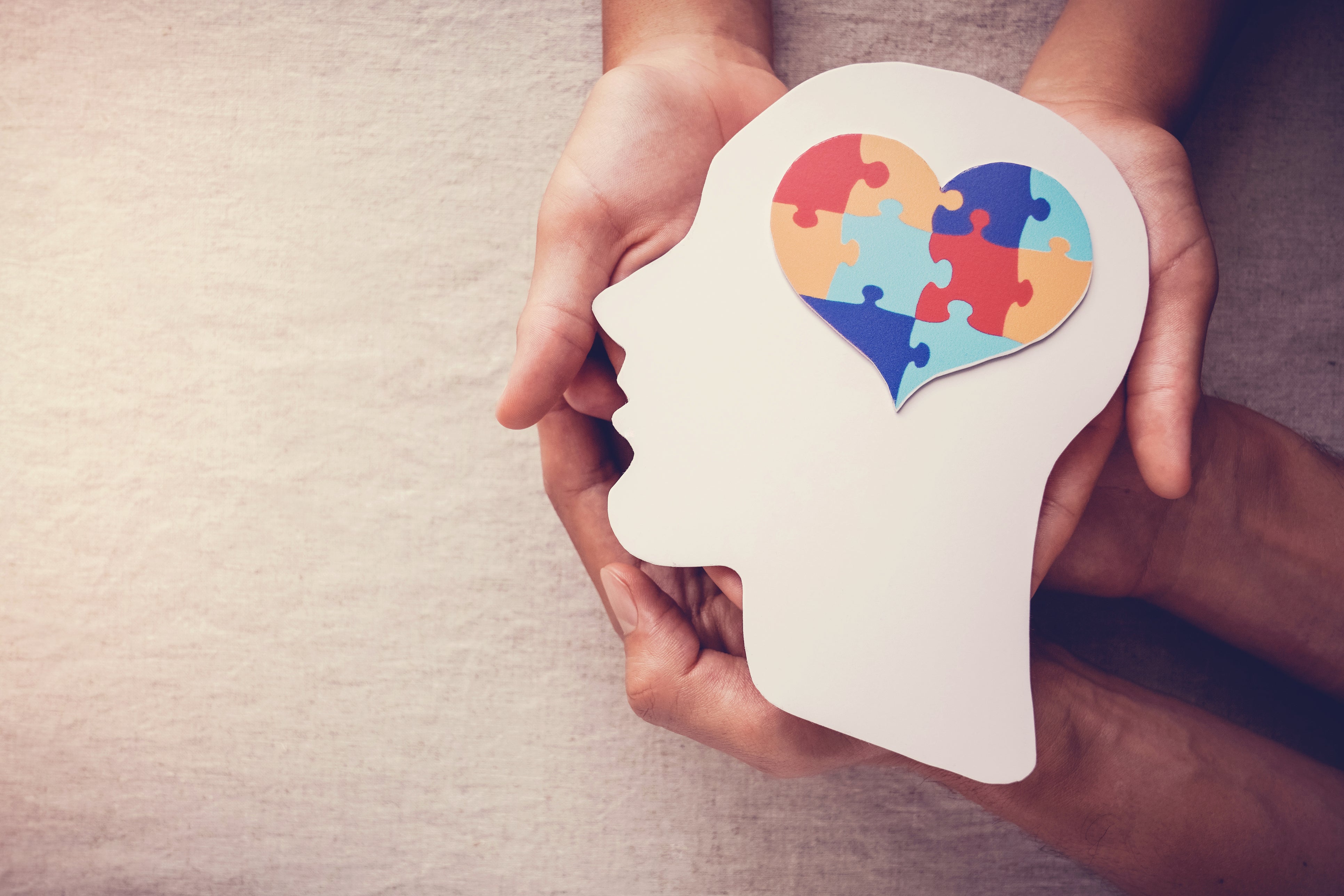Going alcohol-free was the best gift I could give myself and those around me
I’m not here to tell anyone they have to bin their booze, just to share the possibilities that an alcohol-free life has opened up for me


We Brits love a drink. We drink to celebrate, to commiserate, to bond, to relax, to pluck up courage and to alleviate boredom. Whether your team won, lost or drew, it’s an opportunity to sink pints. We add alcohol to virtually every event, from minigolf and BYOB pottery classes, to weekend brunches and “wetting the baby’s head”. Even “work events” in Downing Street apparently come with lashings of booze.
For 15 years, I drank like I needed to single-handedly save the alcohol industry from collapse. Then I stopped. There wasn’t one devastating moment when I realised I’d gone too far. There were many and they happened with regularity over the years, but I always found a way to excuse my drinking.
I think I always knew that my relationship with alcohol was problematic, but because so many of my peers and the people I looked up to did the same stuff, I saw my behaviour as “acceptably unhealthy”. Like many, I started drinking long before I could legally buy a fluorescent bottle of WKD Blue from the corner shop. Part of it was a desire to fit in and be seen as “fun”, and part of it was a response to trauma.
Separating these two tangled strands has been one of the most difficult parts of my journey towards better health. As a highly anxious person, alcohol was my crutch in social situations. As someone battling PTSD symptoms, it was a way to escape for a little while.
The pandemic had a big impact, as I – like many others – found myself stuck inside for long periods of time. Drinking at home became something that happened every day. It wasn’t a social activity anymore and I wasn’t enjoying it; it was just something to numb bad memories, the low-level buzz of unhappiness and the self-hating voice in my head.
Covid restrictions eventually forced me to confront some stuff I’d been avoiding because I simply wasn’t able to stay on the “going out to get regularly f***ed up” treadmill that was keeping me semi-distracted all the time. Big life changes, like moving home and job, gave me more impetus to actually sort my behaviour out.
I no longer wanted to be the person crippled with hangovers and hangover anxiety, or the person who couldn’t remember their night out. I didn’t want to keep being the person who was desperately self-medicating, wrecking their health and their connections with others. I needed to recognise that my worst professional and personal mistakes were linked to alcohol. None of this was actually “fun”, nor did it make good stories – just sad, pitiful ones.
I told myself that I was drinking to relax and enjoy myself, but only giving up the booze has finally allowed me to do those things. My alcohol-free relaxation time in the evenings and on days off makes me feel refreshed and revitalised. I’m more present with my friends and family and able to offer them more. Without the veil of inebriation and the consequences of it, I can be the person I really want those I love and care about to know.
To keep up to speed with all the latest opinions and comment, sign up to our free weekly Voices Dispatches newsletter by clicking here
Little things like better sleep and diet, clearer skin and increased motivation have been a blessing, but the big ones are the positive impact on my professional life and how this change has revolutionised my mental health. I still have bad days where I feel sad and overwhelmed, but I handle it differently now.
Initially, I struggled with a loss of identity, just as I did while recovering from anorexia, but I’ve taken this opportunity to reawaken the parts of myself that were stifled by alcohol – my deep love of reading, being a good listener, my logical and organised side and my interest in the natural world. I have more energy for activism and am able to set healthy boundaries.
I was lucky to escape physical withdrawal symptoms when I stopped drinking. The hardest part has been the defensive or dismissive reactions of other people. But most have offered support and I’ve found particular encouragement from those who had started this journey before me, recommended me 0.0 per cent beers and sent cards and flowers to mark the achievement of my first 100 days sober. Unfortunately, there have been less pleasant moments where I’ve felt excluded, but I see this more as a product of a society that is steeped in drinking culture.
I’m not here to tell anyone they have to bin their booze, just to share the possibilities that an alcohol-free life has opened up for me. I was so resistant to the idea that alcohol was negatively affecting me for so long that I never really considered what I’d be giving myself and those around me by stopping drinking. It has proved a gift, rather than a loss, and for that, I am grateful.
Join our commenting forum
Join thought-provoking conversations, follow other Independent readers and see their replies
Comments
Bookmark popover
Removed from bookmarks